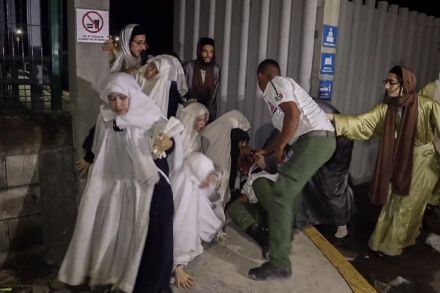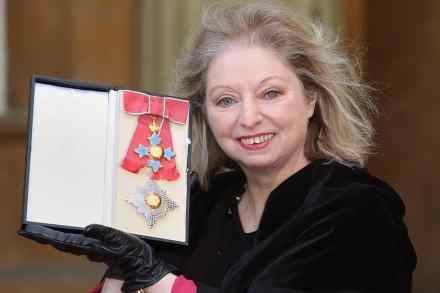The bizarre story of the ‘Jewish Taliban’
One of the more bizarre stories to have hit the headlines in recent days was the unsuccessful attempt by police to arrest 20 members of a radical Jewish sect in Mexico. Where to start with a story like this? We could talk about how their jungle base, 11 miles north of Tapachula in Chiapas state, was raided last Friday and two members were detained on suspicion of human trafficking and serious sexual offences. We could talk about how the raid took place after an investigation and surveillance operation lasting months, carried out by Mexican and Guatemalan authorities with the assistance of a four-man team of former Israeli spooks. We could





















